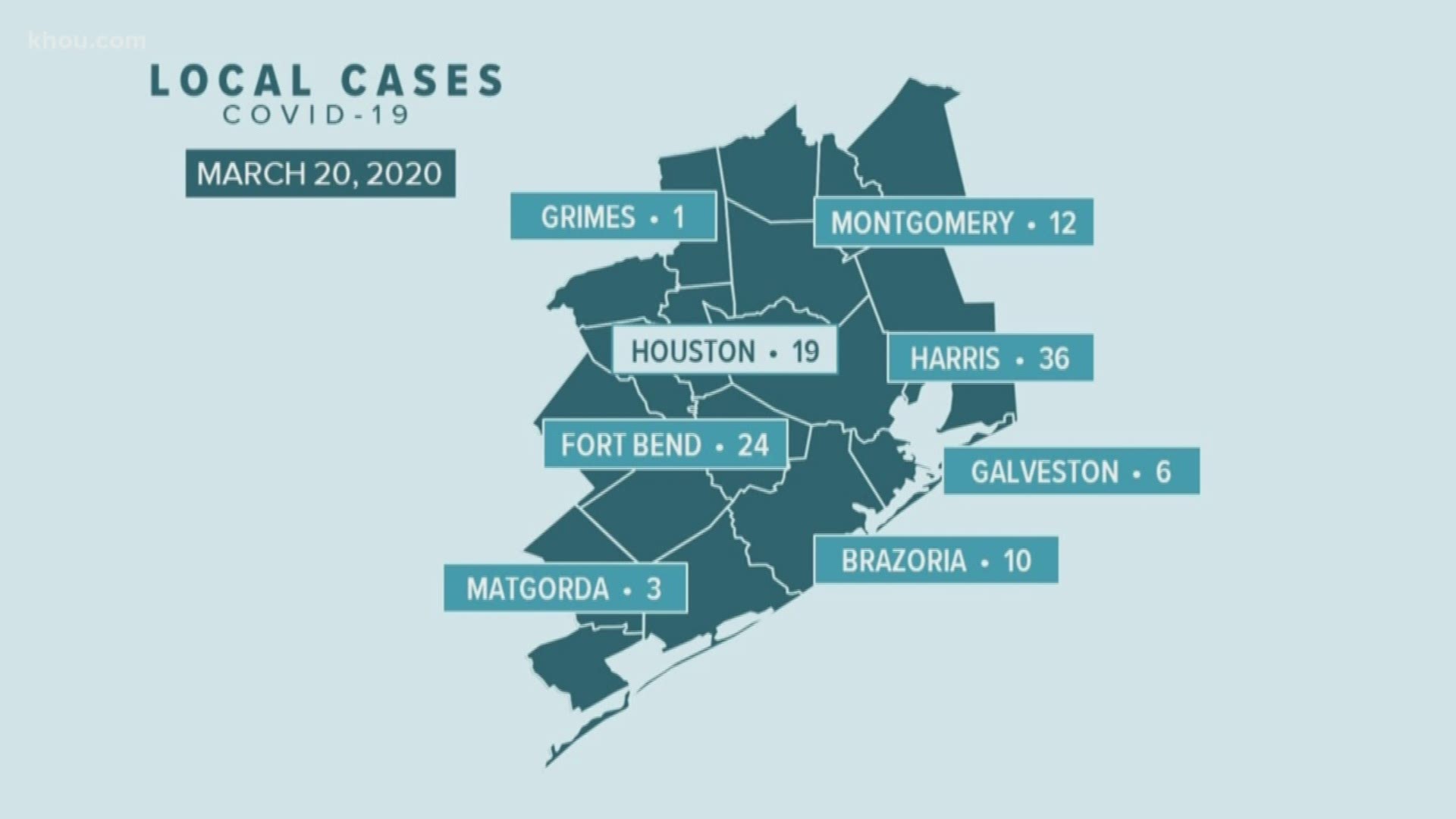HOUSTON — The Houston SPCA will be providing pet food to local communities in need as COVID-19 continues to spread its negative impact in Houston.
They will join Jim “Mattress Mack” McIngvale’s community food distribution at Gallery Furniture’s North Freeway location beginning Saturday, March 21 at 1 p.m.
The Houston SPCA’s Chief Medical Director and veterinarian, Dr. Dev, along with Chief Animal Cruelty Investigator, Adam Reynolds, will be going live on Facebook with "Mattress Mack" to talk about pet safety, pet health and COVID-19 during a special Facebook Live Event at Gallery Furniture on facebook.com/houstonspca.
In addition, the Houston SPCA is currently accepting pet food donations from the public from 9 a.m. to 7 p.m. daily using curbside bins outside the adoption center located at 7007 Old Katy Road, Houston.
For additional information, the public should call 713-869-7722 or email info@houstonspca.org
Coronavirus symptoms
The symptoms of coronavirus can be similar to the flu or a bad cold. Symptoms include a fever, cough and shortness of breath, according to the Centers for Disease Control.
Most healthy people will have mild symptoms. A study of more than 72,000 patients by the Centers for Disease Control in China showed 80 percent of the cases there were mild.
But infections can cause pneumonia, severe acute respiratory syndrome, kidney failure and even death, according to the World Health Organization. Older people with underlying health conditions are most at risk.
The CDC believes symptoms may appear anywhere from two to 14 days after being exposed.
Human coronaviruses are usually spread through...
- The air by coughing or sneezing
- Close personal contact, such as touching or shaking hands
- Touching an object or surface with the virus on it, then touching your mouth, nose or eyes before washing your hands.
Help stop the spread of coronavirus
- Stay home when you are sick.
- Eat and sleep separately from your family members
- Use different utensils and dishes
- Cover your cough or sneeze with your arm, not your hand.
- If you use a tissue, throw it in the trash.
Lower your risk
- Wash your hands often with soap and water for at least 20 seconds. If soap and water are not available, use an alcohol-based hand sanitizer.
- Avoid touching your eyes, nose, and mouth with unwashed hands.
- Avoid close contact with people who are sick.
- Clean and disinfect frequently touched objects and surfaces.
- If you are 60 or over and have an underlying health condition such as cardiovascular disease, diabetes or respiratory illnesses like asthma or COPD, the World Health Organization advises you to try to avoid crowds or places where you might interact with people who are sick.
Get complete coverage of the coronavirus by texting 'FACTS' to 713-526-1111.

